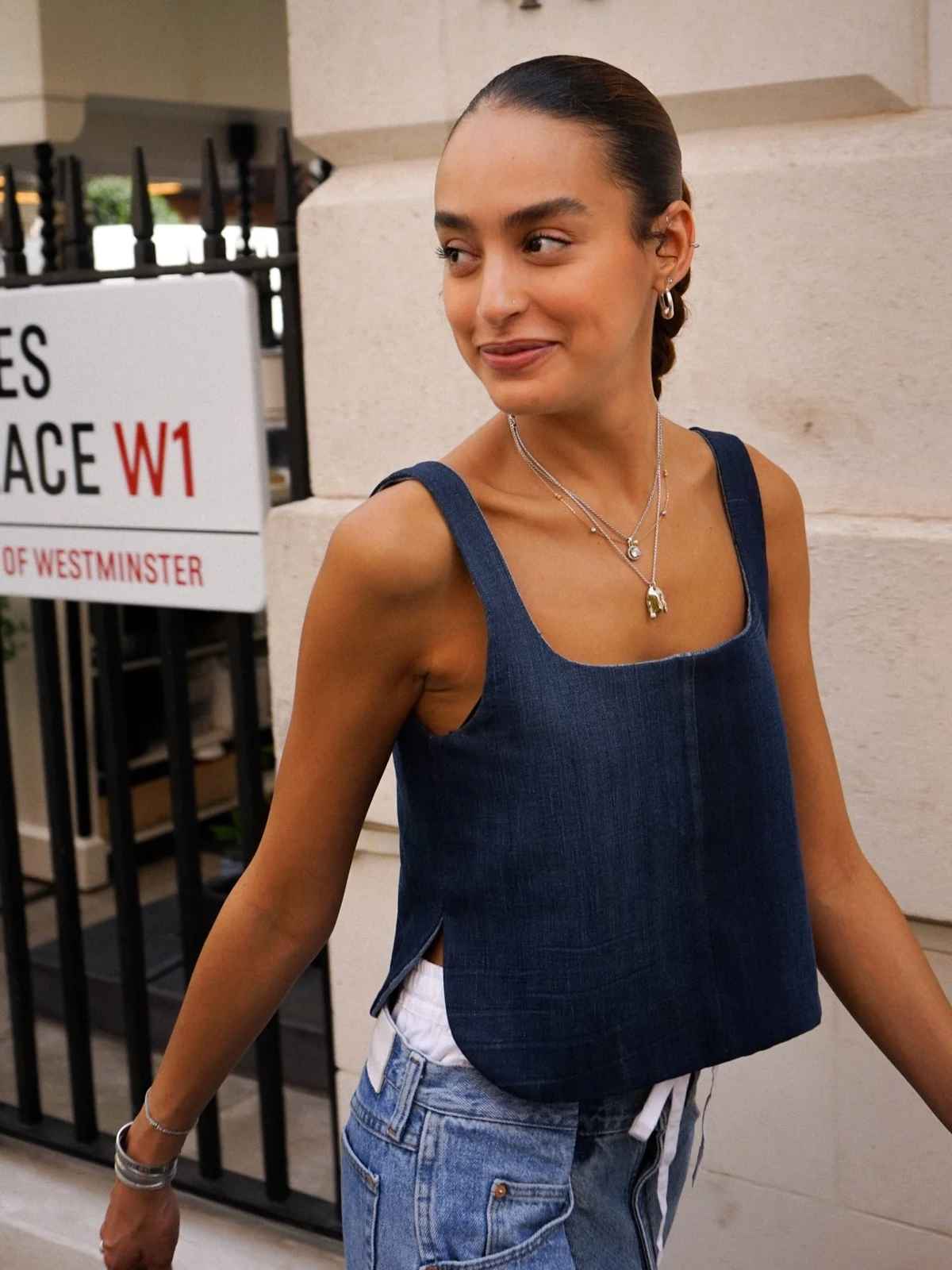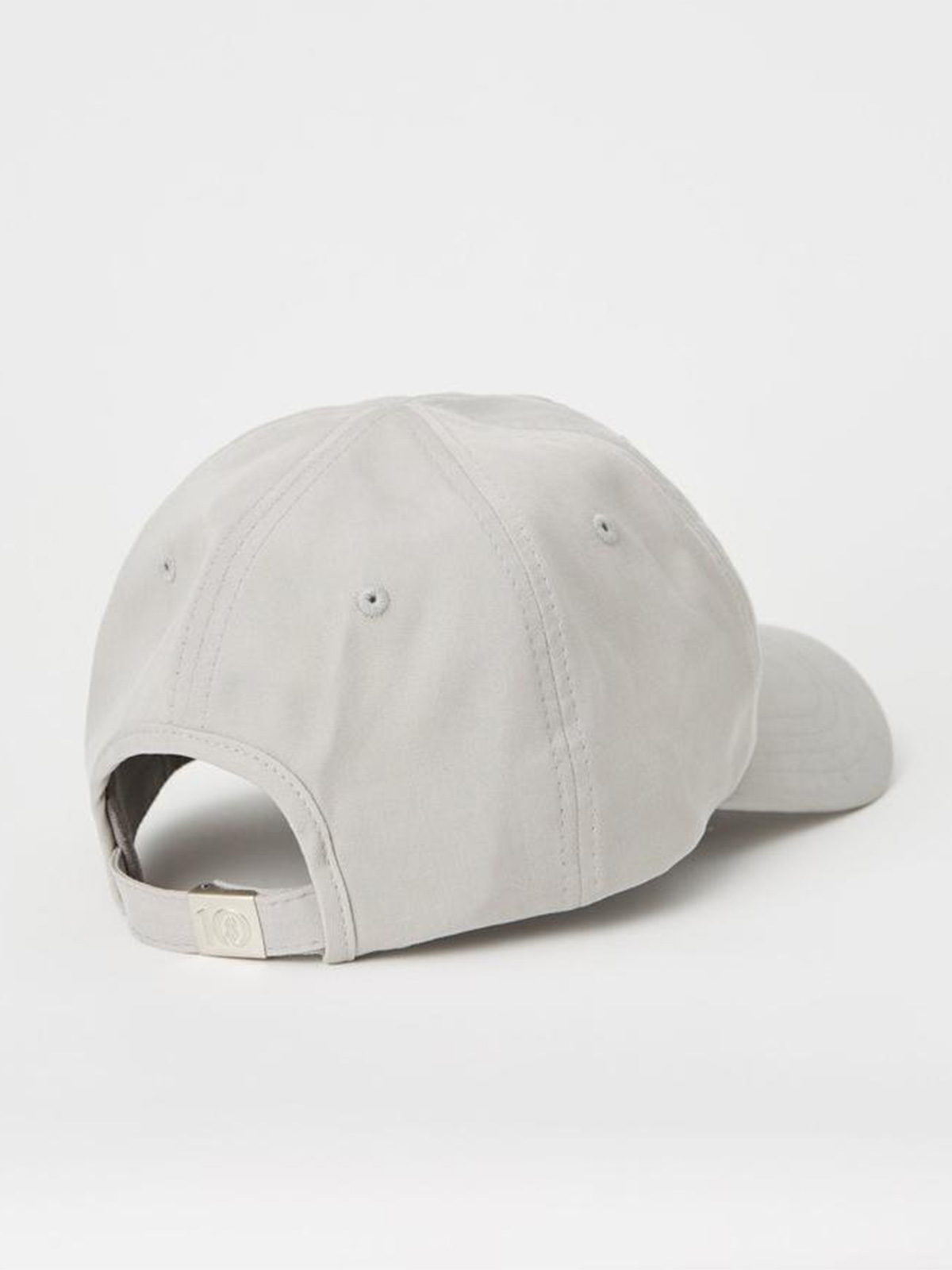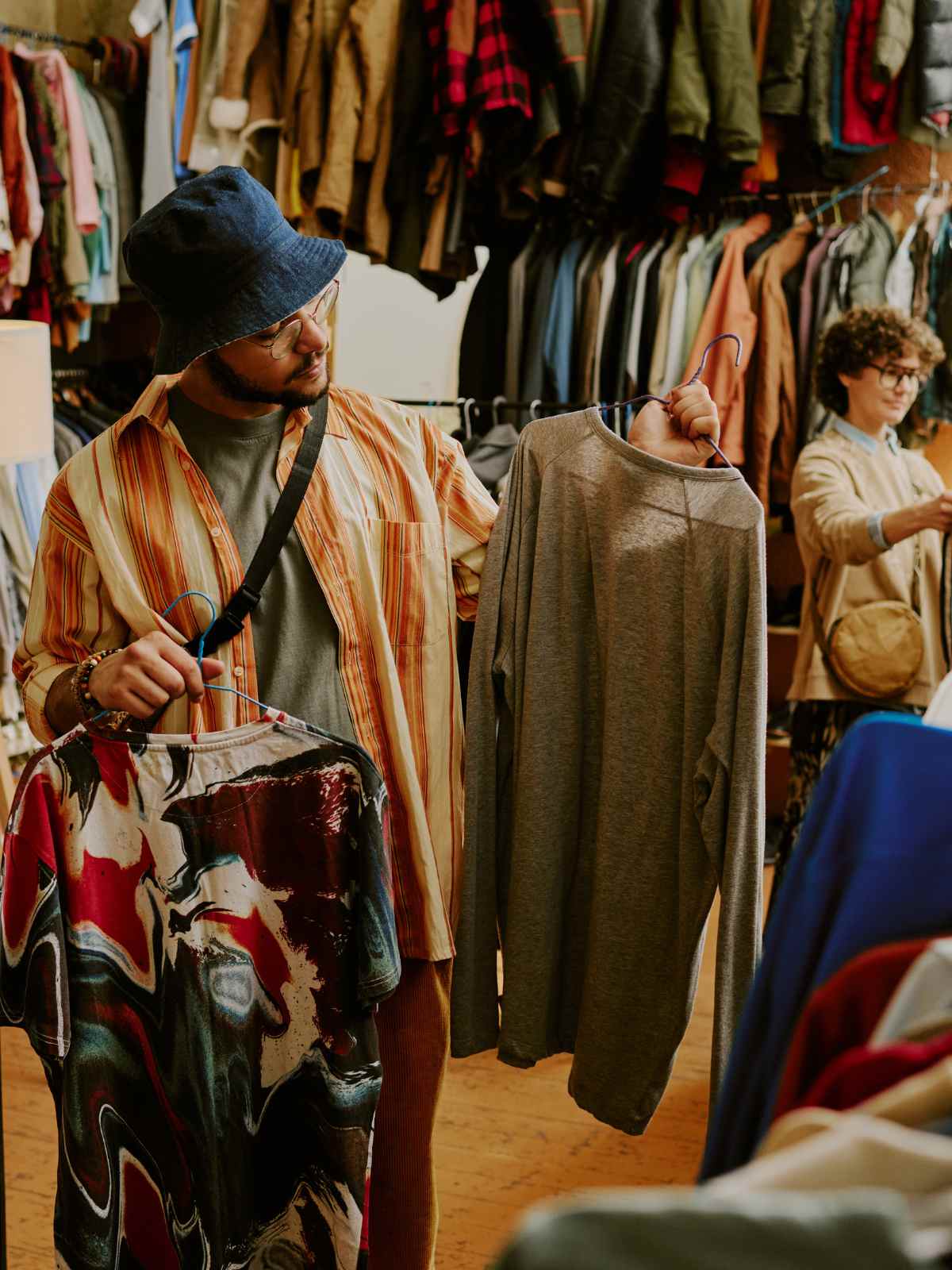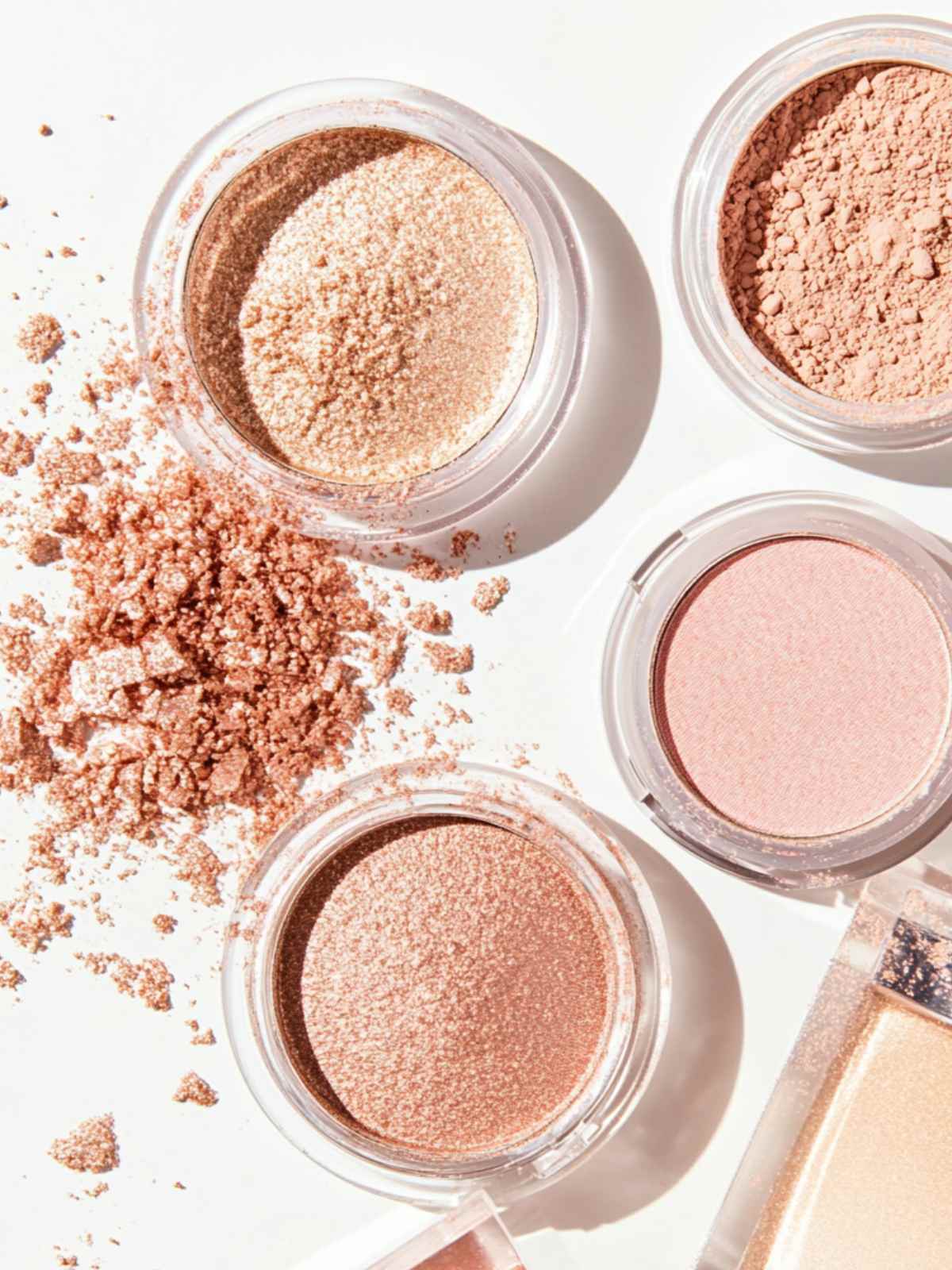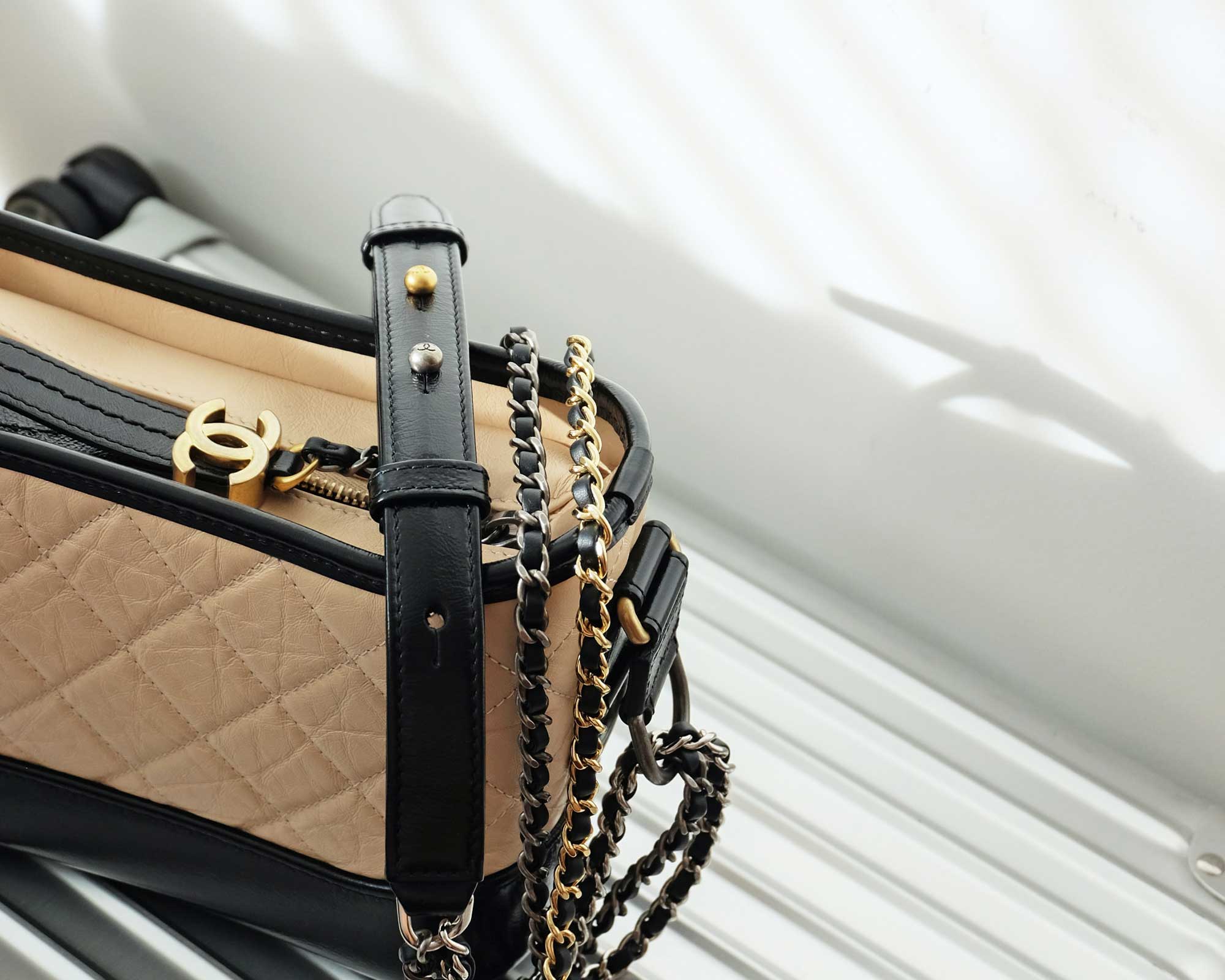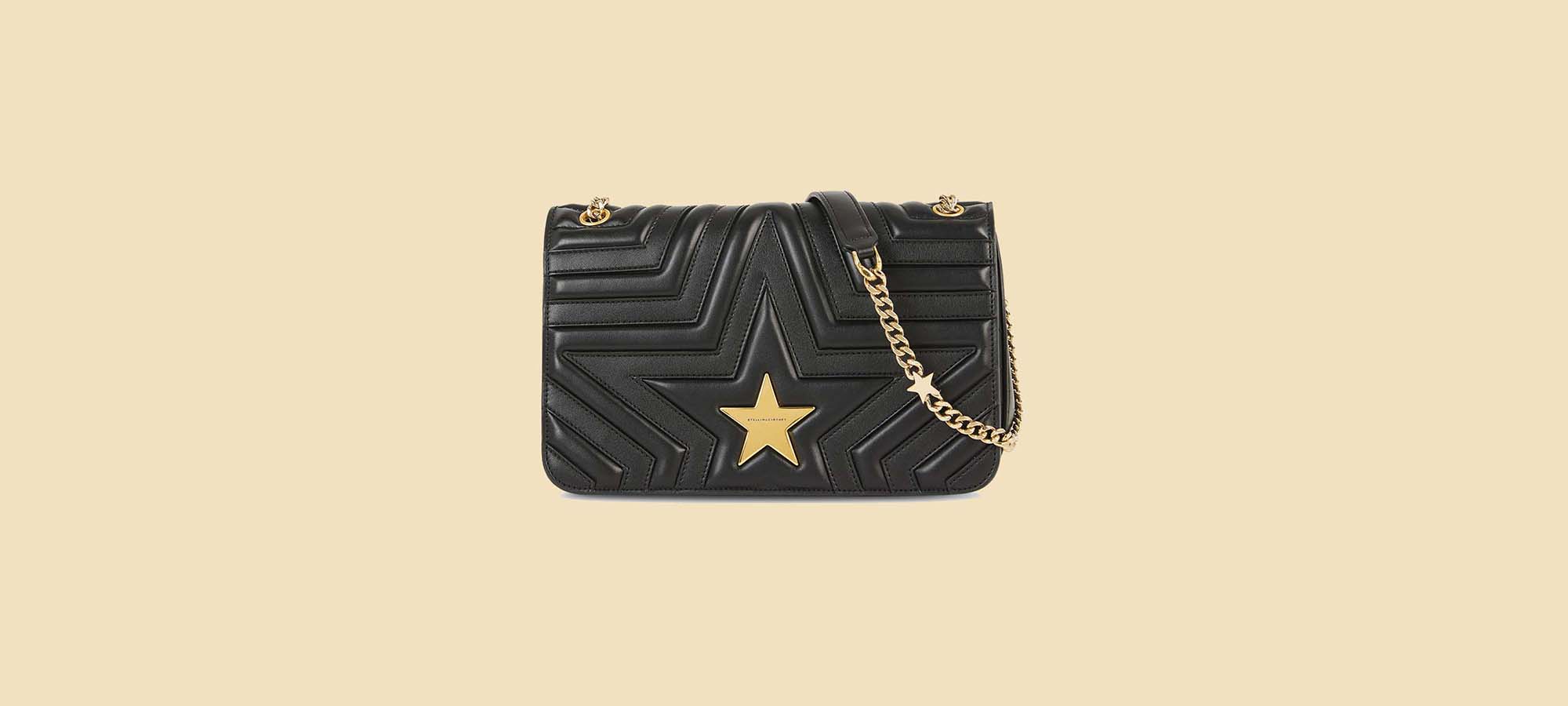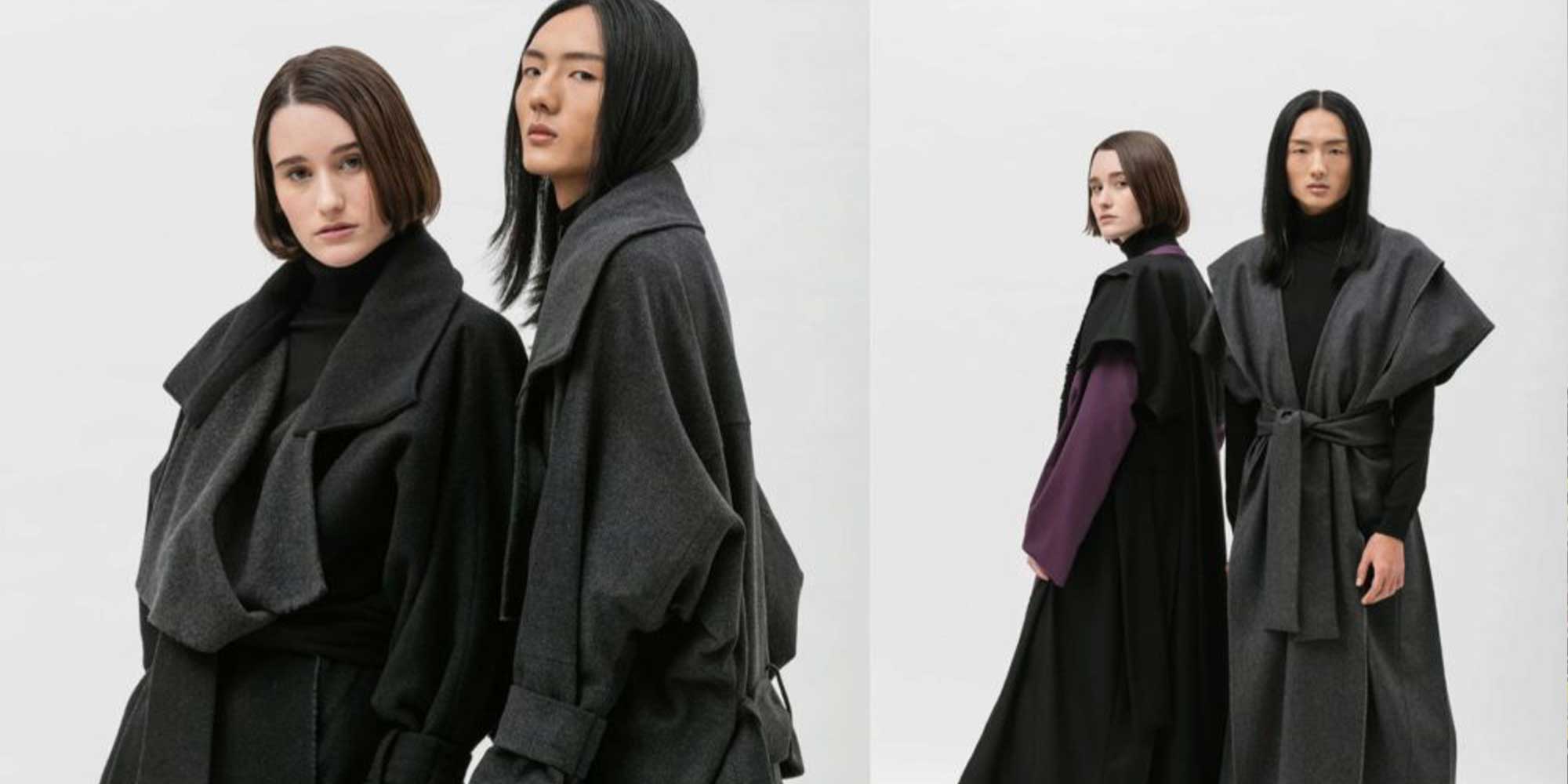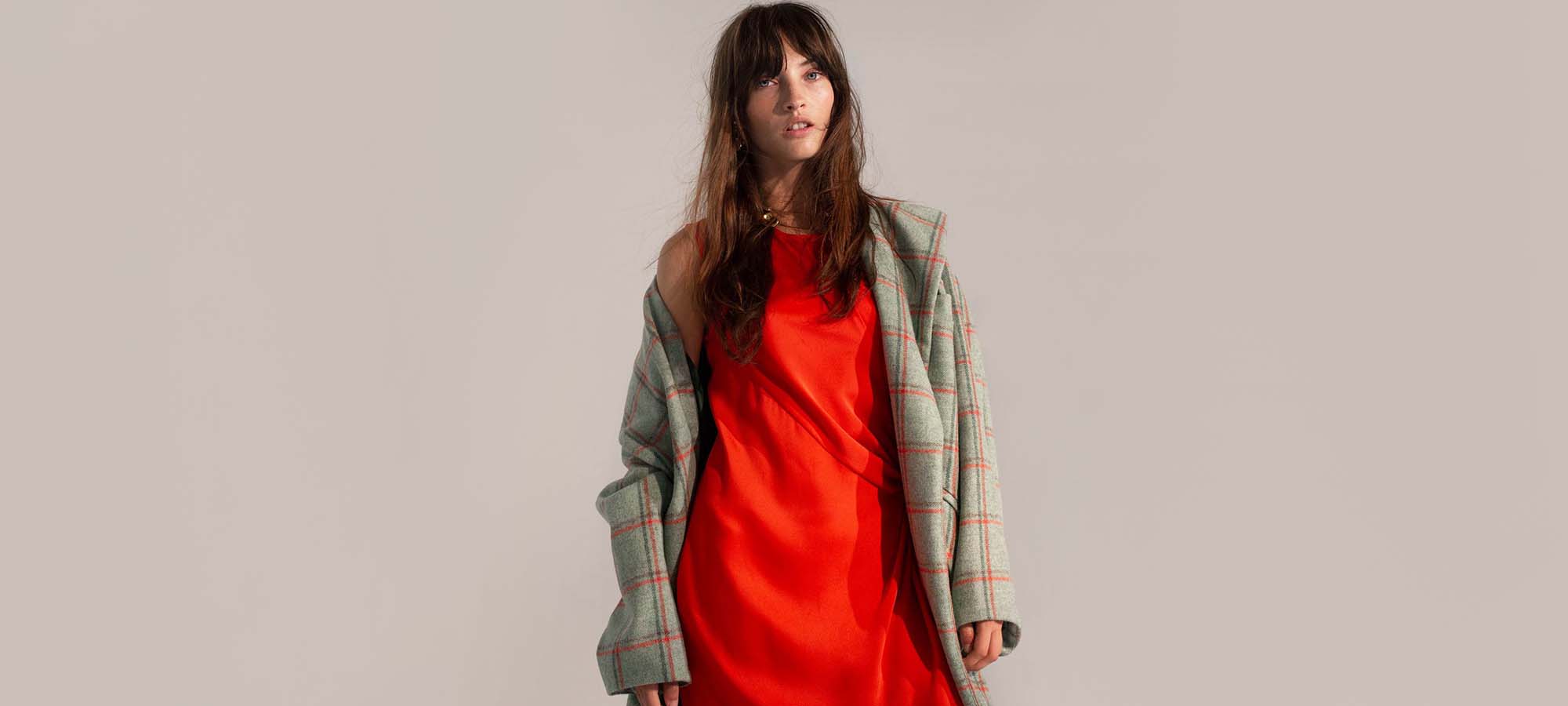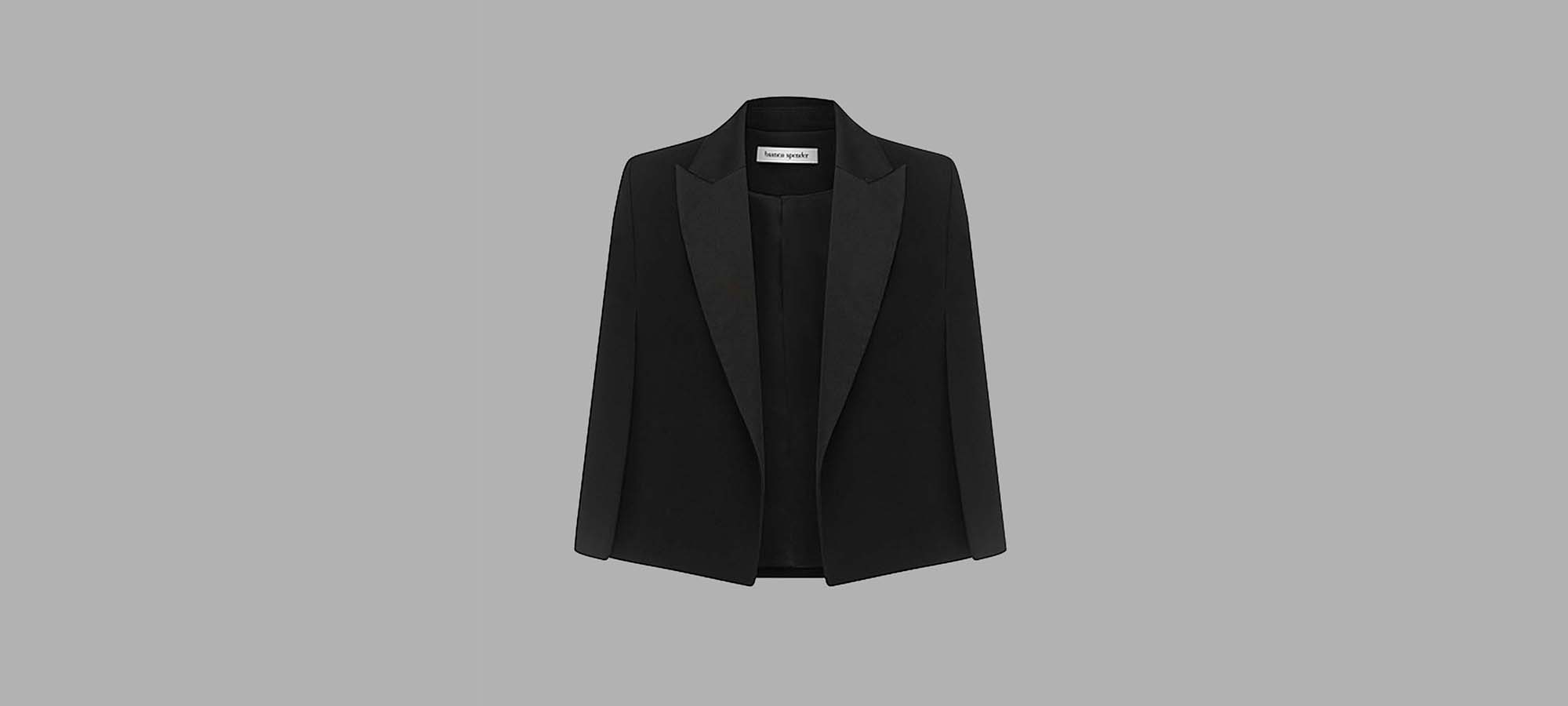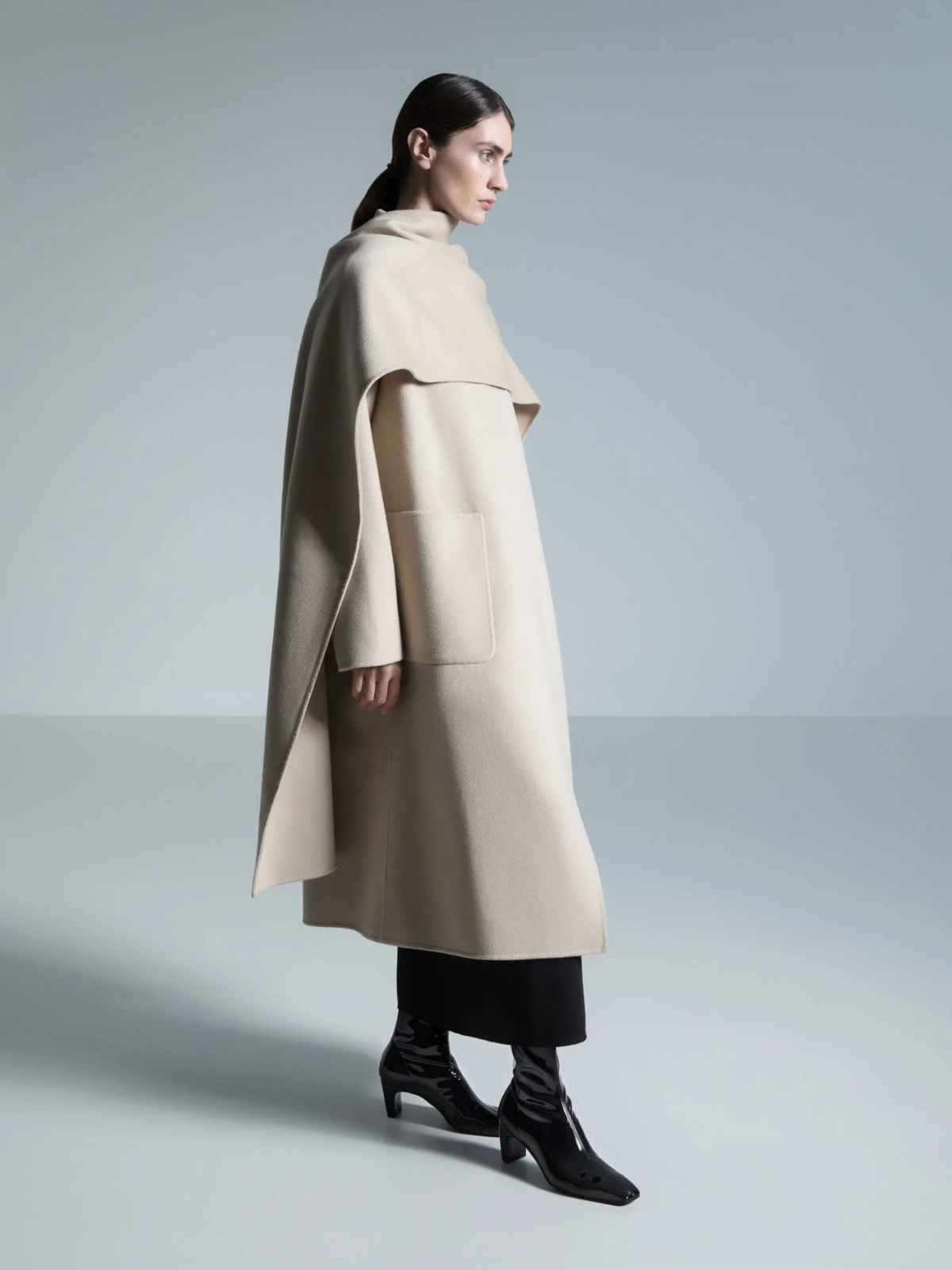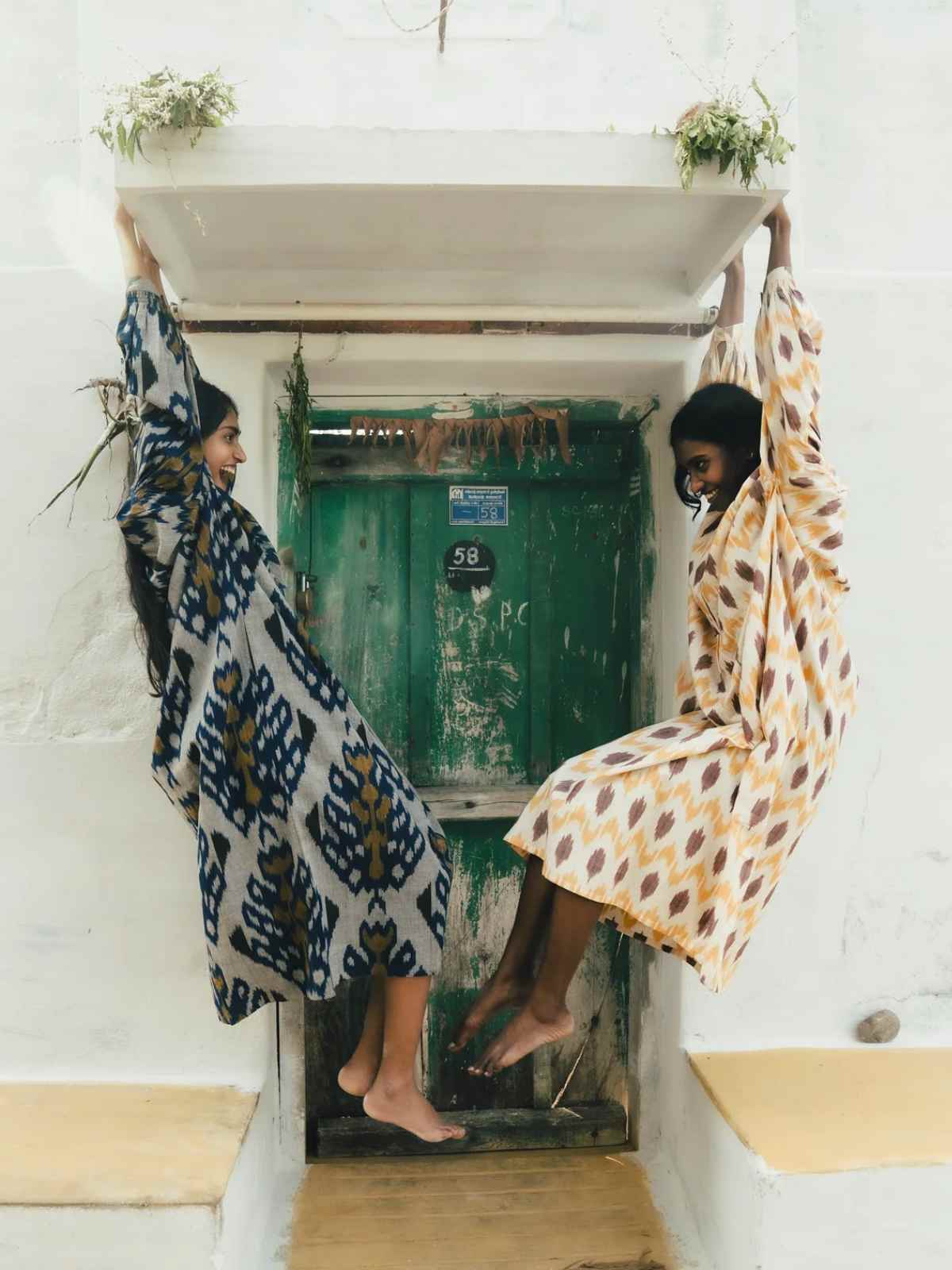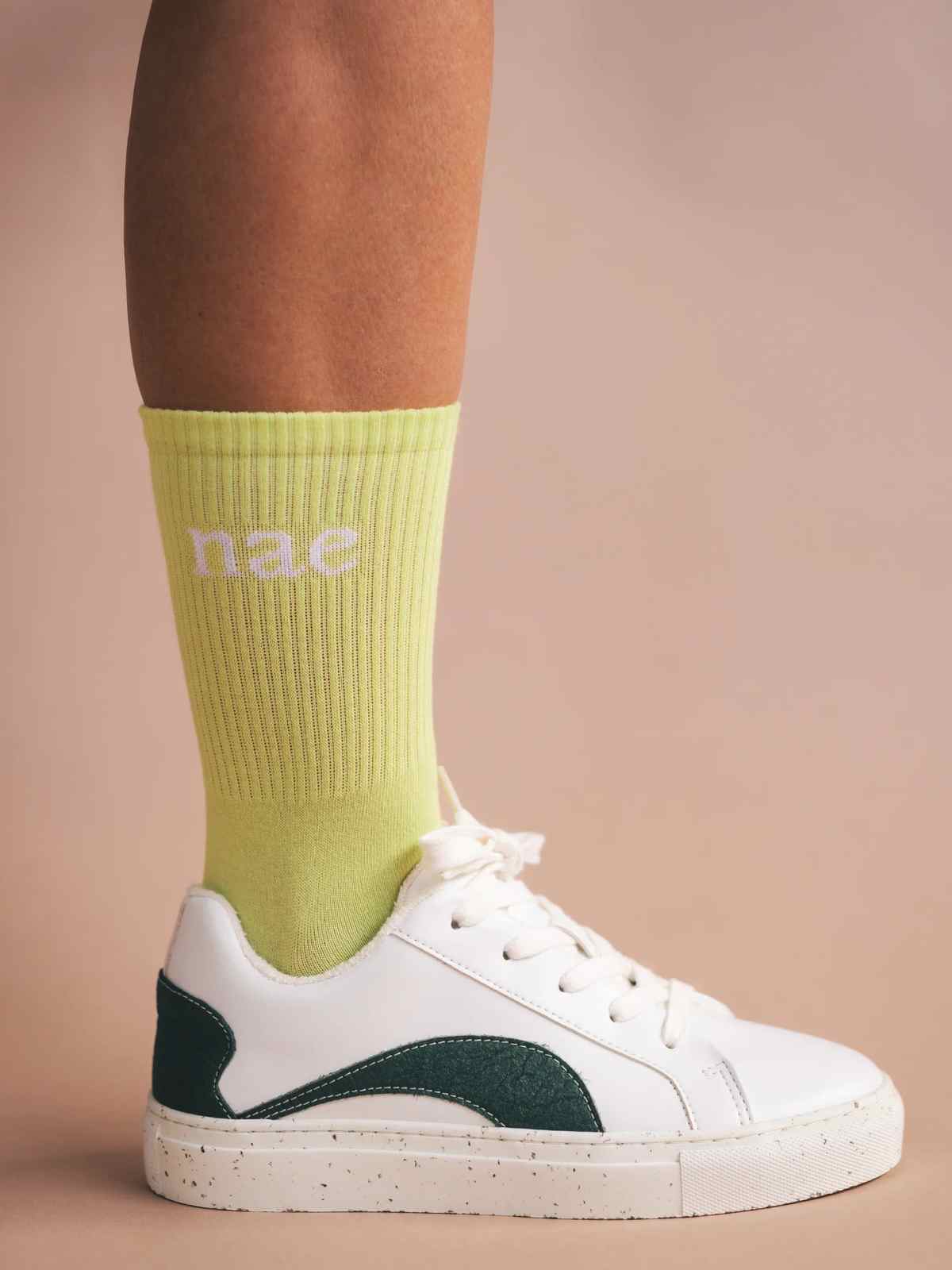Our editors curate highly rated brands that are first assessed by our rigorous ratings system. Buying through our links may earn us a commission—supporting the work we do. Learn more.
It may have revolutionised womenswear, but this century old brand will risk being left behind if it doesn’t step up for people, the planet, and animals. Let’s ask: how ethical is Chanel? This article is based on the Chanel rating published in January 2022.
Is Chanel an ethical or sustainable brand?
Fashion changes, but style endures.
These are the wise words of Gabrielle “Coco” Chanel, who founded the eponymous brand in the 1920s. Chanel is known for revolutionising women’s fashion by ditching the restrictive corsets and replacing them with more flattering, functional, and minimalistic silhouettes. A lesser known fact is that Chanel herself was anti-Semitic and worked as a secret Nazi agent during WW2. Not exactly one to idolise.
The late Karl Lagerfeld revived the luxury house in the 1980s, introducing the concept of the griffe (a proof of uniqueness and authenticity, hidden inside the dress) and making the brand one of the last 20th-century fashion houses still talked about today.
Style endures, but it looks like Chanel has had trouble adapting to the modern fashion industry and its efforts to become more ethical and sustainable. In 2018, and for the first time ever, the brand published a report on its environmental efforts and banned the use of exotic skins. In 2019, Chanel also took a minority stake in a green chemistry start up, showing that it’s finally starting to think about a broader sustainability strategy—but it still may not be doing enough.
With this in mind, what is Chanel’s impact on people, the planet, and animals? Is Chanel ethical or sustainable?
Environmental impact
Chanel’s environment rating is “Not Good Enough”. The brand has set an absolute target to reduce greenhouse gas emissions generated from its operations by 50% by 2030. But it doesn’t use eco-friendly materials and we found no evidence it has taken any meaningful action to reduce or eliminate hazardous chemicals or that it implements water reduction initiatives. We are in the middle of a climate emergency, and well-established brands need to clue in or they will be left behind.
Labour conditions
Chanel’s labour rating is also “Not Good Enough”. It received a score of only 11-20% in the Fashion Transparency Index. Although the brand audits some of its supply chain, it doesn’t state what percentage. There is also no evidence it investigates and reports on safety incidents, that it ensures payment of a living wage in its supply chain, or that it lists names or addresses for any of its suppliers. We know the impact of fashion on garment workers, and it is imperative that they are afforded the rights and payment they deserve.
Animal welfare
Like many luxury brands, Chanel has stopped using fur, exotic animal skin, and angora. But it still uses leather and wool, as well as exotic animal hair and silk, which is why Chanel’s animal rating is “Not Good Enough”. Not only that, but there is no evidence it has a policy to minimise the suffering of animals, nor does it appear to trace animal products to the first stage of production. With so many alternatives, the use of these harmful materials is entirely unnecessary.
Overall rating: Not Good Enough
We gave Chanel an overall rating of “Not Good Enough”. The brand is not taking adequate steps to reduce textile waste in its supply chain, eliminate hazardous chemicals, or reduce its water consumption. What’s more, it needs to improve working conditions by investigating and reporting on safety incidents, but more importantly, ensuring workers in its supply chain are paid a living wage, and with the material innovations in the fashion industry today, there is simply no excuse for using cruel animal-based fabrics anymore. The brand has a long way to go if it intends to endure for the years to come.
Note that Good On You ratings consider hundreds of issues, and it is not possible to list every relevant issue in a summary of the brand’s performance. For more information, see our How We Rate page and our FAQs.
If you’re looking for the unique and timeless Chanel style while having a better impact on people, the planet, and animals—fear not. We found ethical alternatives to Chanel to inspire you.
Good swaps
Ethical and sustainable alternatives to Chanel
